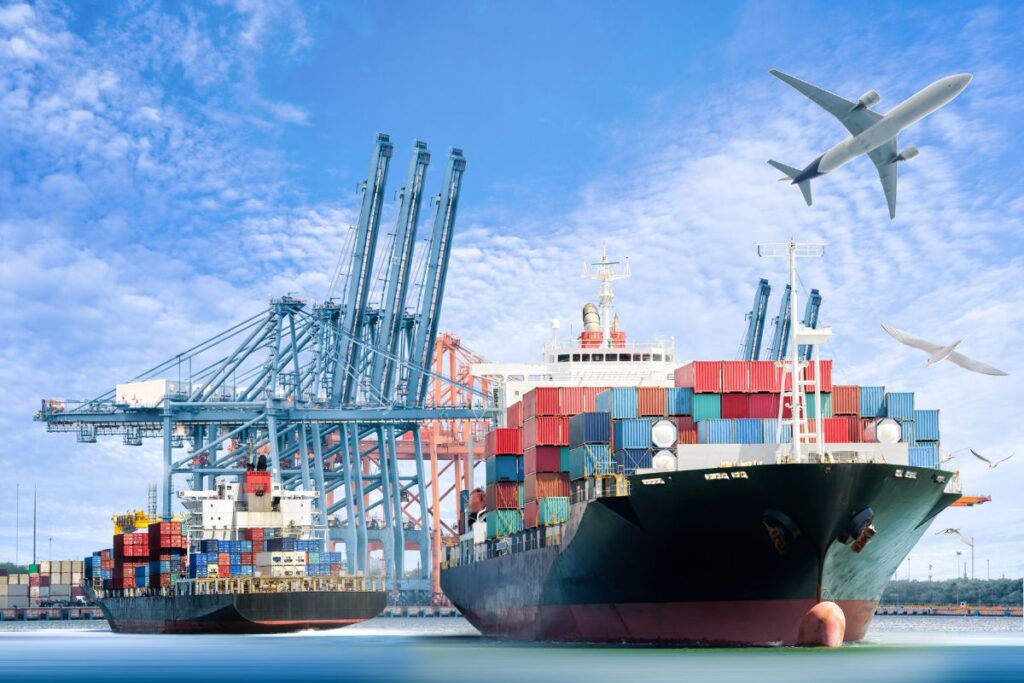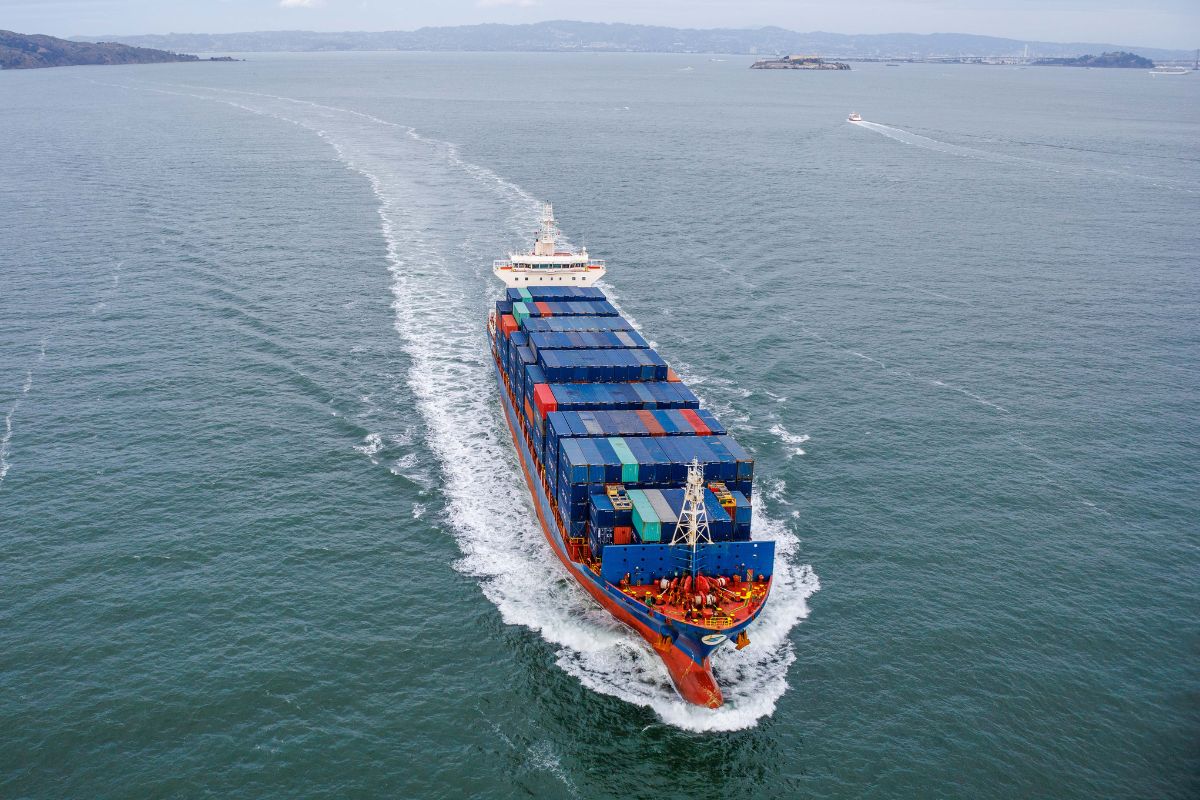Cargo transportation is an important component of worldwide commerce, allowing goods to be carried across borders via truck, air, or ocean freight. Even so, given the natural hazards caused throughout transportation, the safety of cargo becomes critical. This is the point wherein cargo insurance coverage comes into play, providing monetary safeguards against any kinds of risks that may end in harm or destruction while in shipping or transporting process. Understanding the importance of cargo insurance is crucial for both organizations and individuals.
Why Cargo Insurance Matters
1. Protection against Risks
Cargo transportation carries several hazards, such as tragedies, fraud, catastrophes, and mistreatment. Cargo insurance covers these hazards, safeguarding the economic concerns of shippers, transporters, and recipients. Regardless of whether it’s a truck delivering items through land, a flight traveling across countries, or a ship crossing huge oceans, cargo insurance provides protection against unexpected occurrences that might result in monetary loses.
2. Legal Requirements
Cargo insurance is often required by law rather than something to consider. Most of the global shipment agreements and national rules require cargo insurance, particularly for certain kinds of goods or routes for their transportation. Failure to meet these regulations may result in civil penalties and shipment clearance being delayed. Organizations that have reliable cargo insurance on hand can assure they’re fulfilling their legal duties while protecting their goods and its public image.
3. Financial Security
Cargo transportation demands huge expenditures in inventories, shipping, and facilities. Any destruction or harm caused to cargo during transportation may result in serious economic consequences for every individual involved. Cargo insurance offers financial protection by insuring the worth of the products that are being shipped, allowing organisations to reduce the consequences of possible costs and maintain stability in their finances. It also enables businesses to meet their customer promises and commitment while not incurring additional expenses or debt if anything happen.
Types of Cargo Insurance
Cargo insurance comes in various forms, tailored to the specific needs of different industries and modes of transportation. Some common types of cargo insurance include:
1. Marine Cargo Insurance
Whether your shipment is taking place on land, sea, or river, marine cargo insurance has you covered. Shipwrecks, pirate attacks, collisions, and water damage are all things the marine cargo insurance safeguards against. Shipping routes, additional coverage needs, and the kind of cargo can all play a role in further tailoring marine cargo insurance.
2. Air Cargo Insurance
When items are transported by air freight, they are covered by insurance too. The dangers associated with air travel, such as accidents, mistakes in cargo handling, and aircraft delays, are mitigated by this. Companies that handle high-value items or depend on rapid delivery services must have air cargo insurance.
3. Land Cargo Insurance
This is an insurance for item in transportation by land or rail, this type of insurance is called inland transit insurance. Accidents, theft, and transit damage are all things that it safeguards against under this insurance. Companies engaged in domestic or international transportation, logistics providers, and trucking companies must have land cargo insurance.

Key Considerations
When obtaining cargo insurance, it’s essential to consider the following factors:
1. Coverage Restrictions and Limitations
Get to know the insurance policy’s coverage details, such as its limitations and exclusions. Verify that the coverage addresses all pertinent risks and fairly represents the worth of the carried goods.
2. The Amounts Due and Premiums
Think about how much coverage you get for the money you spend on insurance premiums and deductibles. Find the best insurance policy by weighing the necessity of extensive coverage against the cost of premiums.
3. Claims Process
Understand the procedures and documentation needed to file a claim if your shipment disappears or sustains damage. Pick an insurance company with a reputation for speedy claim processing and fair dispute settlement.
4. Adherence to Regulations
Particularly for overseas shipments or specialized cargo types, be sure that you comply with all relevant legislation and regulatory requirements regarding cargo insurance. To stay in compliance, collaborate with insurance providers who are well-versed in the applicable legislation.
Conclusion
To safeguard commodities in transit and reduce financial risks connected with cargo transportation, cargo insurance is a must-have instrument. Cargo insurance is crucial for individuals and organisations who transport via land, air, or sea, and it’s important to get the correct policy to protect your interests. All parties engaged in the global supply chain can rest assured and successfully navigate the complexities of international trade if cargo insurance is prioritized and related critical issues are addressed.




